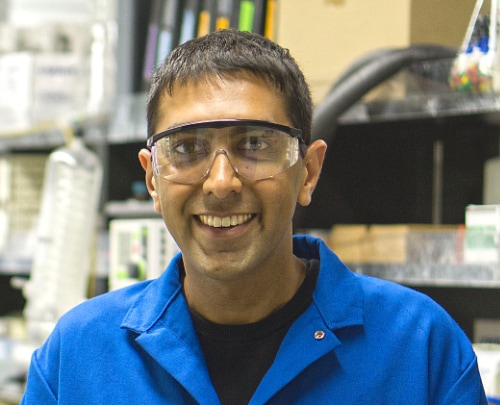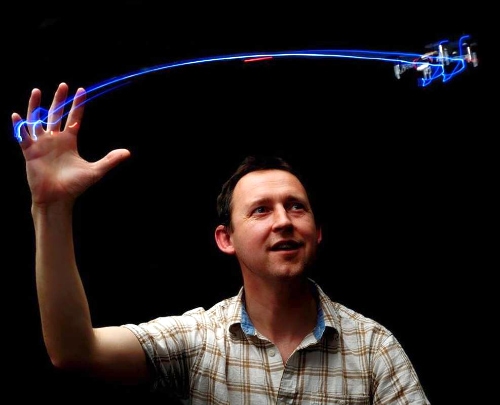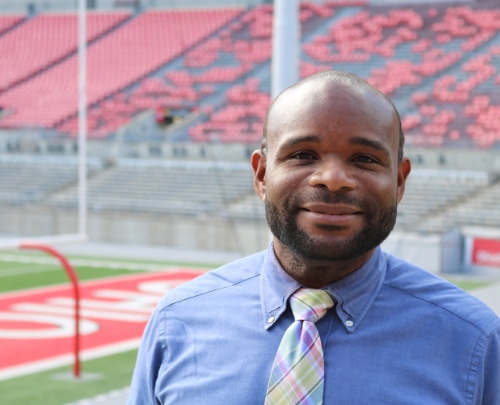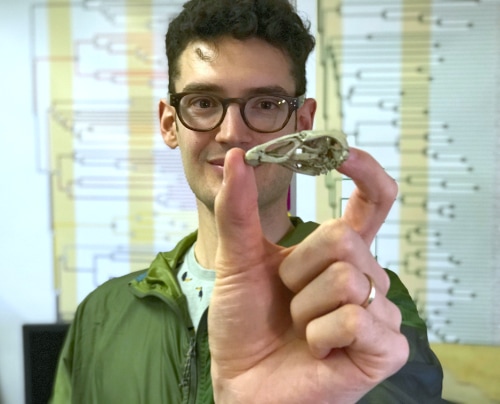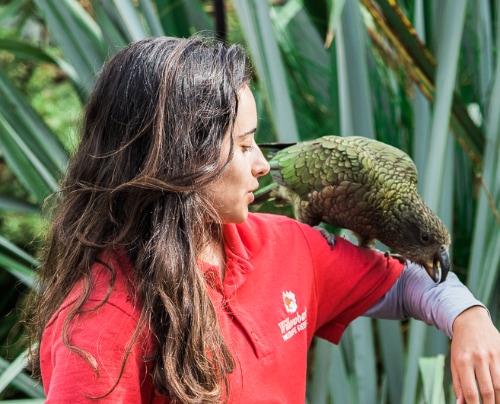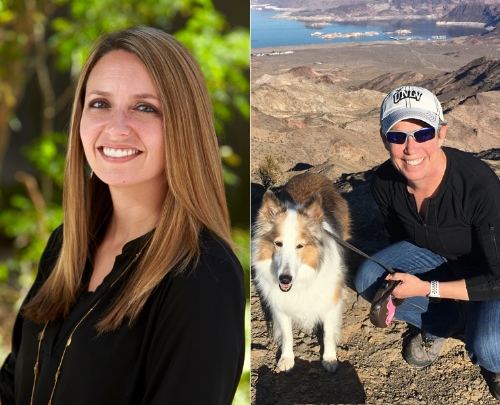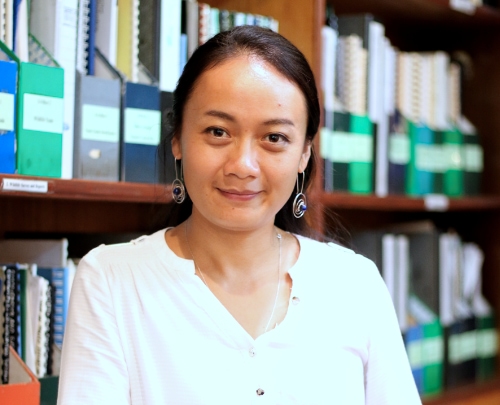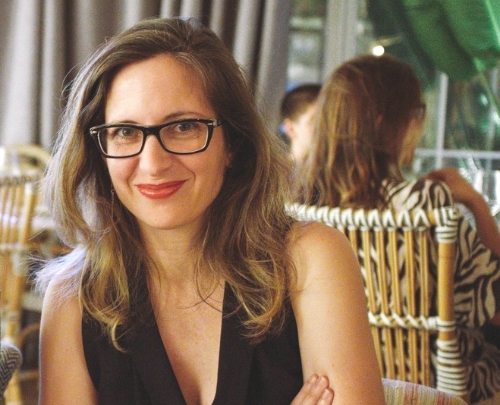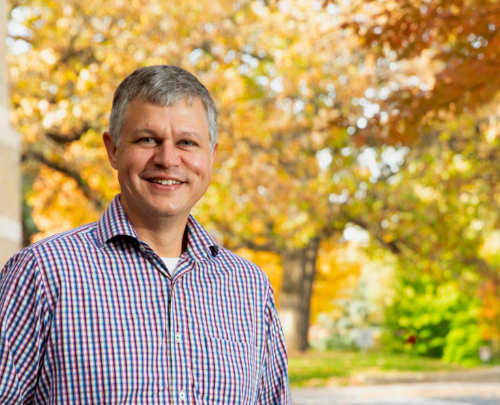What’s that on your breath? In episode 79 of Parsing Science we talk with Neil Garg from UCLA about his research into the fundamental chemistry necessary for the creation of a small, electronic test of marijuana that works by way of a simple electrochemical oxidation process similar to that used in an alcohol breath test. His open access article “Electrochemical […]
Author: Parsing Science
- Parsing Science
- Natural Sciences, Chemistry
- Comments Off on A Marijuana Breathalyzer – Neil Garg
- Parsing Science
- Applied Sciences, Engineering
- Comments Off on Mosquito-inspired Biotechnology – Richard Bomphrey
What if mosquitos weren’t just annoying bugs, but instead were bio-inspiring features? In episode 78, we talk with Richard Bomphrey from the University of London’s Royal Veterinary College about how mosquitoes can detect surfaces using the airflow caused by the movement of their own wings … and the autonomous drones he developed to mimic them.
- Parsing Science
- Economics, Uncategorized, Social Sciences
- politics, history, racism, Civil War, Reconstruction, African Americans, government, Redemption, Jim Crow
- Comments Off on A Taxing History of Racism – Trevon Logan
What impact did Black politicians have during the Reconstruction? In episode 77, Trevon Logan from The Ohio State University’s Department of Economics discusses his research into the election of Black politicians after the Civil War ended in 1865, which led to increased tax revenues that were put toward public schools and land ownership reform. White Southerners, however, reversed that progress […]
- Parsing Science
- Biology, Natural Sciences, Paleontology
- Evolution, geology, dinosaurs, birds, fossil, turducken, earth science
- Comments Off on Birds’ Evolution Across Mass Extinctions – Daniel Field
In episode 75, Daniel Field from the Department of Earth Sciences at the University of Cambridge discusses his research into a 66.7-million-year-old bird fossil which mashes up features from chickens, turkeys, and ducks, providing the best evidence so far for understanding when groups of modern birds first evolved and began to diverge.
- Parsing Science
- Animal Science, Zoology, Psychology
- Evolution, birds, statistics, animal behavior, parrots, kea, psychology
- Comments Off on Parroting Probabilities – Amalia Bastos
Very few animals can combine information to adjust their predictions in a flexible way by using domain-general intelligence as humans do. In episode 74, Amalia Bastos from the University of Auckland discusses her research demonstrating that kea parrots can make predictions based in probabilities, and adjust those predictions based on physical and social information.
- Parsing Science
- Public Health
- psychology, motivation, pedestrians, traffic, yielding
- Comments Off on Anything but Pedestrian – Courtney Coughenour & Jennifer Pharr
Are drivers of more expensive cars really the jerks we make them out to be? In Episode 73, Courtney Coughenour and Jennifer Pharr from the University of Nevada, Las Vegas discuss their research into what differentiates drivers who are likely to yield for pedestrians in crosswalks from those who don’t.
- Parsing Science
- Zoology, Biology, Natural Sciences
- tigers, clouded leopards, 418, biodiversity, conservation, endangered species, extinct, poaching, Laos
- Comments Off on The Plight of the Tiger – Akchousanh Rasphone
Are wild tigers now extinct in Laos? In episode 72, Akchousanh “Akchou” Rasphone from Oxford’s Wildlife Conservation Research Unit discusses her research which concludes that improvised snares appear to have decimated the country’s wild tiger population, a species whose worldwide population is now estimated to be around 200.
- Parsing Science
- Psychology, Animal Science, Biology
- Social Psychology, social stereotypes, stereotypes, intergroup relations, social groups, ad:altmetric, cluster analysis, animal behavior, conservation biology, conflict, pets, attitudes, predators, 724, discrimination, prejudice
- Comments Off on Why We Love & Exploit Animals – Verónica Sevillano
Why is it that we treat various species of animals so differently? In episode 71, Verónica Sevillano with the Autonomous University of Madrid’s Department of Social Psychology and Methodology discusses her research applying social psychology and conservation biology to understand the relationships people have with animals.
- Parsing Science
- Biology, Neuroscience
- ad:altmetricpod, cuttlefish, experiment, 3D, visual stimuli, cephalopods, perception, stereopsis, vision
- Comments Off on Cuttlefish in 3D Glasses – Trevor Wardill
Why Velcro 3D glasses onto cuttlefish? In Episode 69, Trevor Wardill from the Department of Ecology, Evolution and Behavior at the University of Minnesota discusses his research into the previously unknown ability of the cephalopod to see in stereo vision.

